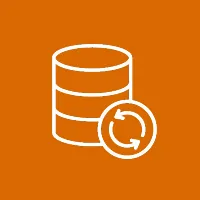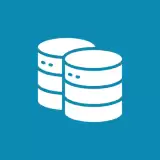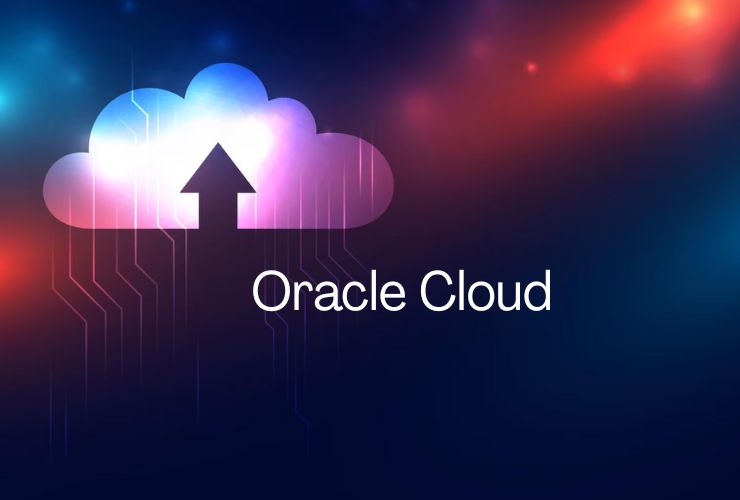With the advent of digital transformation, migrating Oracle databases from on-premises to the cloud has become not just an IT endeavor, but a boardroom initiative. The cloud provides the scalability, flexibility and cost savings to support these transformations but brings with it many complexities surrounding compliance, downtime, and performance management.
A successful Oracle cloud migration entails much more than “lifting and shifting” workloads; you must plan carefully and modernize the architecture and build-in ongoing performance optimization to realize real business value.
Why Move Oracle Databases to the Cloud?
- Scalability & Agility – Add resources as needed to accommodate growth, peak workload or seasonal demand Cost Savings – Eliminate
- CapEx Cap–expenditure on hardware and optimize your OpEx Operating–expenditure with pay-as-you-go models so you can maximize
- ROI Return on Investment Resilience & Continuity – Leverage High-availability zones, Disaster Recovery (DR) frameworks, geo-redundant backups
- Faster Innovation – Gain access to a myriad of AI/ML, analytics and DevOps tools that live and breathe on the cloud
- Global Reach – With a global cloud infrastructure you can deliver low-latency applications to customers worldwide.
Important Factors to Consider When Migrating to Oracle Cloud
1. Assessment & Planning
A successful migration begins with thoroughly assessing your workloads, dependencies, compliance requirements, and business SLAs. Organizations will need to determine the best way to migrate to OCI: whether they will rehost (lift & shift), replatform, or refactor.
- Rehost (Lift & Shift): This is the quickest of the paths, with minimal rework required.
- Replatform: Optimize configurations for the Cloud, while retaining the same technology without having to redesign.
- Refactor: Modernize applications in order to use fully cloud-native features to take full advantage of the OCI environment and services.
2. Selecting the Appropriate Cloud Model
- Public Cloud (OCI, AWS, Azure, GCP)– Flexible, cost-effective and usually appropriate for most workloads.
- Private Cloud – Better control if sensitive data or in certain regulated industries.
- Hybrid/Multicloud – Combine the best of on-prem and multiple cloud providers as a way to avoid lock-in, while benchmarking workloads for enhanced performance.
3. Security & Compliance
- Make sure data is encrypted both at rest and in transit.
- Establish role based access (RBAC) controls and least-privilege access.
- Comply with relevant regulations including GDPR, HIPAA, PCI DSS as well as your industry standard regulations.
- Maintain governance by using audit trails and continuous monitoring.
4. Downtime and Business Continuity
- Migrate in waves with preestablished rollback plans.
- Implement GOLDENGATE replication to slowly cutover your application and its databases. If your application requires zero downtime, use one of the zero downtime methodologies.
- Conduct Disaster Recovery (DR) testing to ensure that you can immediately failover in the event of a planned or unplanned outage.
5. Performance Optimization
- Tuning SQL queries and indexes is best done pre- and post-migration.
- Where benchmarking is relevant establish baselines on your on-prem system(s) before cutover.
- After cutover, monitor I/O throughput and network bandwidth and latency.
6. Cost Control
- As business you want to use cloud infrastructure that is rightsized to your compute and storage needs.
- Utilize auto-scaling, reserved instances and spot instances.
Key Obstacles and Common Issues to Expect with Oracle Cloud Migrations
- Legacy applications may not be cloud ready
- Data transfer (data gravity) especially when high volume
- Risks and security gaps while data is in flight
- Unoptimized workloads after migration
- Managing hybrid or multicloud complexity
Best Practices for Cloud Migration Success
- Establish a Cloud Center of Excellence (CCoE) to set governance, security, and architectural policies
- Start with non-critical or non-mission critical workloads before moving onto mission-critical applications
- Determine Key Performance Indicators (KPI) (cost savings, response times, uptime etc.) to measure your success
- Leverage Oracle certified professionals to manage risks and deliver faster adoption
- Implement ongoing monitoring with Application Performance Monitoring (APM) and database health monitoring to drive continuous improvement.
Our Oracle Migration Services at Empirical Edge
At Empirical Edge, we provide end-to-end Oracle migration services to help businesses modernize their data infrastructure at the lowest risk and the greatest efficiency.
We offer:
- Full Assessments – Roadmaps based on your workloads, SLAs, and compliance requirements
- Secure & Compliant Migration – Encryption, regulatory requirements, and governance checks
- Performance Tuning and Optimization – Query tuning, indexes, and partitioning to maximize performance
- Resilient Backup & DR Strategies – Cloud-native backup and recovery solutions to provide uptime assurance.
- Ongoing DBA Support – Proactive monitoring, automated alerts, and managed services.
View Oracle Database Development & Migration Services
Real World Use Case
Industry: Financial Services
Challenge: Old, on-prem Oracle database infrastructure was challenging to maintain, causing downtime disruptions and increasing operational costs.
Solution: Empirical Edge replatformed their Oracle DB to OCI while optimizing indexing with GoldenGate replication.
Outcome:
- 50% Faster Transaction Processing
- 35% Cost Savings on Infrastructure
- 99.99% Uptime SLA
Conclusion: Future-Proofing Your Oracle Investment
Migrating Oracle databases from on-premise to the cloud is not just about moving the infrastructure to the cloud, it is also a business transformation strategy. Organizations can leverage true cloud scalability, resilience, and innovation by applying the appropriate planning, compliance, performance, and cost-optimizing activities.
Empirical Edge has Oracle-certified experts, proven methodologies, and pragmatic access to secure your migration process and future-proof your Oracle investment.
Ready to Move Your Oracle Workloads to the Cloud?
Empirical Edge helps businesses transition from on-premises Oracle environments to secure, high-performance cloud infrastructures with minimal disruption. Unlock greater scalability, reduce operational costs, and future-proof your IT strategy with expert migration support. Start your cloud transformation today.
Frequently Asked Questions
Organizations migrate to gain scalability, improve performance, enhance disaster recovery, and reduce infrastructure maintenance costs.
Businesses should evaluate workload compatibility, migration strategy, security requirements, compliance, and total cost of ownership before making the move.
With proper planning and phased execution, companies can minimize downtime and ensure smooth operations during the transition.
Cloud environments often reduce hardware expenses and ongoing maintenance while providing flexible pricing based on usage.
Typical approaches include rehosting, replatforming, or refactoring depending on business goals and application complexity.
Experienced professionals help reduce risks, optimize architecture, and ensure a faster, more efficient migration aligned with business objectives.











